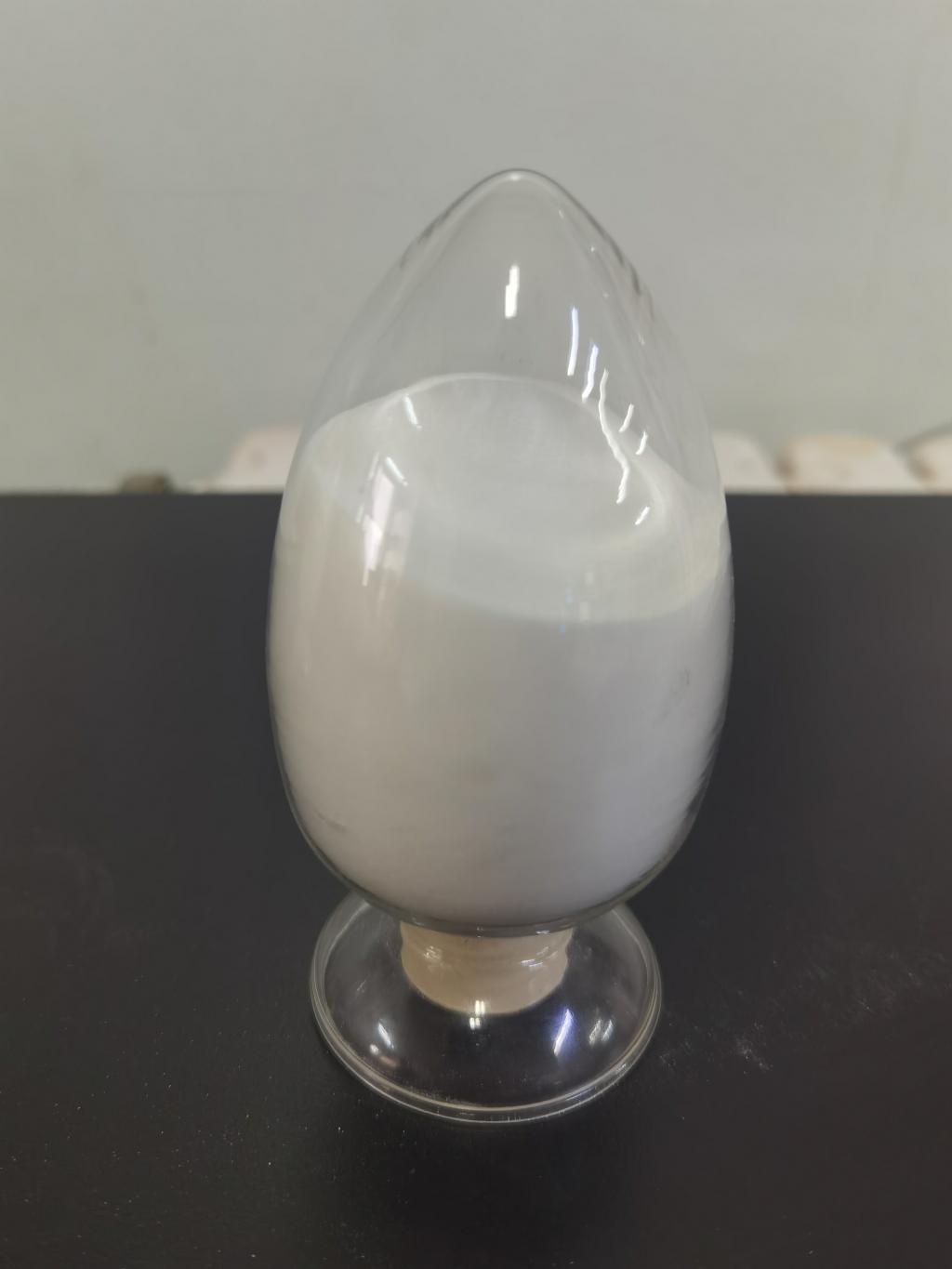Tel:0086 18231198596

News
Current Position:
Home >
News
>ε-Polylysine hydrochloride's contribution to sustainable food production practices.
ε-Polylysine hydrochloride's contribution to sustainable food production practices.
TIME:2024-05-13
1. Antimicrobial Properties and Food Safety:
One of the primary contributions of ε-PL-HCl to sustainable food production is its role in enhancing food safety. As a potent antimicrobial agent, ε-PL-HCl inhibits the growth of spoilage organisms and foodborne pathogens, thereby reducing the risk of microbial contamination and foodborne illness. By extending the shelf life of food products and minimizing food waste, ε-PL-HCl helps conserve resources and promote sustainable consumption patterns.
2. Applications in Food Preservation:
ε-PL-HCl finds applications in a variety of food preservation methods, including antimicrobial coatings, packaging materials, and processing aids. By incorporating ε-PL-HCl into food packaging, manufacturers can create active packaging systems that inhibit microbial growth and extend shelf life without the need for synthetic preservatives or additives. Similarly, ε-PL-HCl can be used as a processing aid to control microbial contamination during food processing, reducing the reliance on chemical sanitizers and promoting cleaner, more sustainable production practices.
3. Environmental Benefits and Eco-Friendly Characteristics:
One of the key advantages of ε-PL-HCl is its eco-friendly characteristics and low environmental impact. Produced through microbial fermentation processes, ε-PL-HCl offers a renewable and sustainable alternative to synthetic preservatives derived from petrochemicals. Furthermore, ε-PL-HCl is biodegradable and poses minimal risk to ecosystems and human health, aligning with principles of environmental sustainability and responsible stewardship of natural resources.
4. Reduction of Food Waste and Losses:
Food waste is a significant issue in the food industry, contributing to environmental degradation, resource depletion, and economic losses. By extending the shelf life of food products and preventing microbial spoilage, ε-PL-HCl helps reduce food waste and losses throughout the supply chain. By minimizing the need for excessive packaging, transportation, and storage, ε-PL-HCl contributes to more efficient resource utilization and reduced carbon emissions associated with food production and distribution.
5. Implications for the Future of the Food Industry:
The adoption of ε-PL-HCl and other sustainable food preservatives represents a paradigm shift towards cleaner, more environmentally friendly food production practices. As consumers increasingly prioritize sustainability and transparency in their purchasing decisions, the demand for natural and eco-friendly food ingredients is expected to grow. By investing in research and innovation, fostering collaboration across the food industry, and integrating sustainability into product development and marketing strategies, ε-PL-HCl has the potential to drive positive change and shape the future of the food industry towards a more sustainable and resilient model.
Conclusion:
ε-Polylysine hydrochloride (ε-PL-HCl) emerges as a valuable asset in advancing sustainable food production practices, offering a natural, eco-friendly solution for enhancing food safety, reducing waste, and promoting environmental stewardship. By harnessing its antimicrobial properties and eco-friendly characteristics, ε-PL-HCl contributes to a more resilient and sustainable food system that meets the needs of present and future generations. As the food industry continues to evolve, ε-PL-HCl's role in promoting sustainability will become increasingly vital, paving the way for a more sustainable and prosperous future for food production and consumption.

 CONTACT
CONTACT




